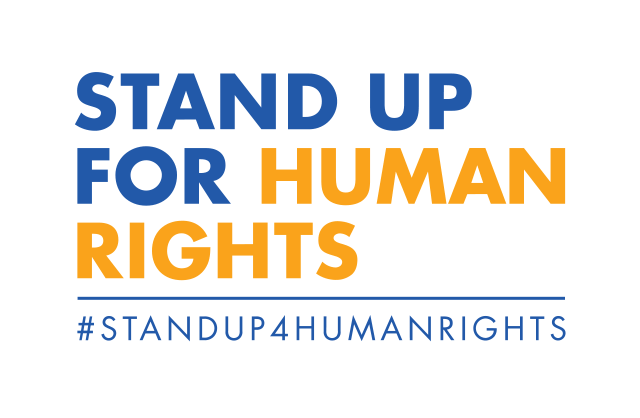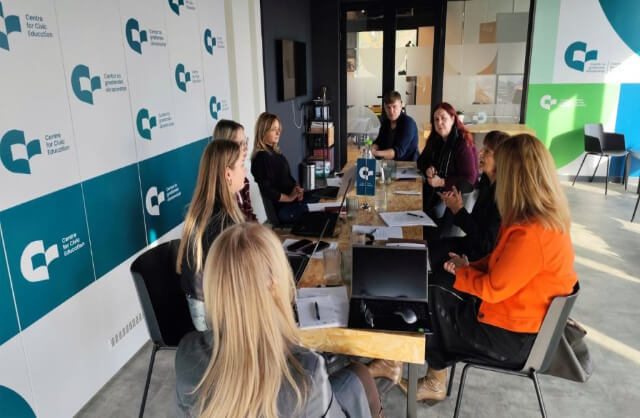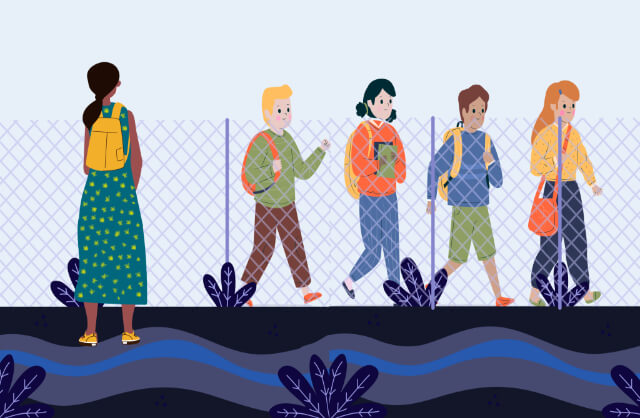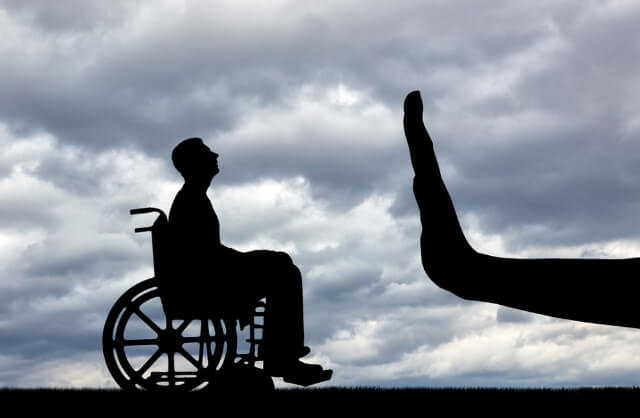Exploitation of desperate workers should never be the ‘new normal’, says UN expert
August 17, 2020

GENEVA (30 July 2020) – The rampant exploitation of vulnerable workers, including many women and children, has increased alarmingly during the COVID-19 pandemic and urgent new measures are needed at the international and national levels to help stamp it out, a UN expert said today.
Those who have lost jobs and been reduced to starvation – for example in tourism or domestic work – have been forced to accept even more exploitative conditions, the Special Rapporteur on trafficking in persons, Maria Grazia Giammarinaro, said. She made the following statement marking World Day against Trafficking in Persons:
“People working in sectors considered essential during the COVID-19 pandemic such as agriculture or transport and deliveries, have been obliged to work under pressure, even longer working hours, and without appropriate safety measures. Children in emergency situations are particularly vulnerable to the worst forms of child labour. People exploited in prostitution and in the sex industry, mostly women and girls, have been left to starvation by their traffickers and exploiters during the lockdown, and have been subject to even more violent and extreme exploitation after its end.
In view of the current crisis and the situation millions of workers finds themselves in, the impact of the pandemic confirms that the trend is still – and even more today – towards increasing severe exploitation, including in the context of trafficking.
Against this background, I’m convinced that a true shift is needed in the prevention of and fight against trafficking, which should be genuinely inspired by a human rights agenda to be really effective.
This year is the 20th anniversary of the UN “Palermo Protocol” supplementing the UN Convention against Transnational Organized Crime, the main international instrument on trafficking but anti-trafficking action remains limited to a specific area of law enforcement-led activities, while massive exploitation occurring in many economic sectors goes unnoticed and is becoming a systemic component of our economies, worldwide.
It is now time to go beyond the Palermo Protocol and a new vision is needed. The Protocol needs to be interpreted and implemented through a human rights lens, along the line of soft law such as the OHCHR Recommended Principles and Guidelines on Human Rights and Human Trafficking, and human rights courts case-law; governments must undergo deep changes in national anti-trafficking legislation and implementation regulations, which should be brought into compliance with human rights standards. However, this may not be enough and States must consider adopting a new international instrument addressing exploitation from a human rights-based approach.
In order to promote a human-rights based approach to anti-trafficking, international and national legislation should change in five directions:
1) States and businesses due diligence obligations should be made binding, especially in the field of prevention, access to effective remedies including in the supply chains, and long-term measures aimed at social inclusion of trafficked and exploited persons including child right-based measures;
2) trafficked and exploited persons should be allowed to appeal negative decisions on residence status and assistance;
3) the non-punishment principle should be applied to any illicit activities trafficked persons have been involved in as a direct consequence of their being trafficked;
4) adequate funding should be provided to NGOs to deal with a broader area of exploited persons;
5) immigration laws and regulations should provide for regular and accessible channels, firewalls between social services, labour inspections and judicial procedures, and immigrations controls, and regulation of recruitment and intermediation agencies.
While States have an obligation to criminalise trafficking for the purpose of sexual exploitation according to the UN Palermo Protocol on trafficking, prostitution per se should be decriminalised everywhere in order to enable trafficking victims to come forward and report exploitation without fear of being detained or charged for sexual services. Moreover, no anti-trafficking measures should undermine human rights of exploited persons – mostly women and girls – make their life conditions harder, or negatively impact their ability to escape severe exploitation.
All anti-trafficking measures must be gender-sensitive. In terms of prevention, root causes such as gender inequalities and gender discrimination, including women’s limited access to material and cultural resources, sexual and domestic violence, and conflict-related sexual violence should be addressed effectively. In terms of social inclusion of trafficked women and girls, long-term measures should have a transformative nature, and not be shaped on gender stereotypes. Meaningful relationships between women giving and receiving care have been at the core of women’s empowerment and should be considered a hub of human rights-based practices worldwide.”
The expert: Ms Maria Grazia Giammarinaro Special Rapporteur on trafficking in persons, especially in women and children
Ms. Maria Grazia Giammarinaro is Special Rapporteur on trafficking in persons, especially in women and children, has been a judge since 1991. She served as a Pre-Trial Judge at the Criminal Court of Rome, and currently serves as a Judge in the Civil Court of Rome. In February 2019, she was appointed Adjunct Professor of Human Rights Law at the Irish Centre for Human Rights, School of Law, National University of Ireland, Galway. Earlier, she drafted the EU Directive on preventing and combating trafficking in human beings and protecting its victims, and previously had drafted the Italian legislation on trafficking in human beings, judicial action against discrimination, and protection orders against domestic violence.
Special Rapporteurs are part of what is known as the Special Procedures of the Human Rights Council. Special Procedures, the largest body of independent experts in the UN Human Rights system, is the general name of the Council’s independent fact-finding and monitoring mechanisms that address either specific country situations or thematic issues in all parts of the world. Special Procedures’ experts work on a voluntary basis; they are not UN staff and do not receive a salary for their work. They are independent from any government or organization and serve in their individual capacity.
For more information and media requests, please contact Ms. Clara Pascual de Vargas cpascualdevargas@ohchr.org or Ms. Roberta Serrentino mserrentino@ohchr.org )
For media enquiries regarding other UN independent experts, please contact Renato de Souza (+41 22 928 9855 / rrosariodesouza@ohchr.org) and Kitty McKinsey (kmckinsey@ohchr.org)
Follow news related to the UN’s independent human rights experts on Twitter@UN_SPExperts.
Concerned about the world we live in?
Then STAND UP for someone’s rights today.
#Standup4humanrights
and visit the web page at https://www.standup4humanrights.org


